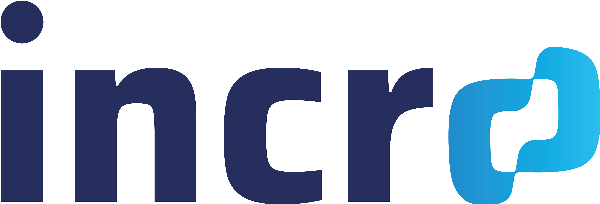Financing
Finding the right investor and increasing investment in your start-up is both a challenge and an art. While there are many technical elements involved in pitching, valuation, and negotiation, it’s often the founder’s approach, timing, and preparation that make all the difference. Drawing from the experience of Lech Kaniuk, a serial entrepreneur and investor, this article explores how to strategically approach investors and scale funding effectively.
Start-Up Financing: More Than Just Capital
Many first-time founders assume that securing an investor means success is guaranteed. In reality, getting funding is only the beginning of a long journey. According to Kaniuk, understanding how professional investors think and work is one of the most significant mindset shifts that happens between a first and a later round of fundraising. It’s not just about money – it’s about alignment, expectations, and strategic fit.
Bootstrap First, Raise Later
An increasing number of seasoned founders recommend delaying fundraising as long as possible. Why? Early fundraising often means giving away a significant portion of your company before building enough value. This can limit long-term ownership and reduce your incentive in later stages. Instead, bootstrap where you can, and bring in investors only when it truly accelerates your business.
Understand What Investors Look For
Investors seek start-ups that can deliver 100x returns, which means they prioritize companies with:
- Large and scalable markets
- Clear go-to-market strategies
- Founders with high-level commitment and vision
- Solid and realistic financial models
It’s not just about the product, it’s about potential.
Preparation is Everything
Before you reach out to any investor, create a well-organized data room. Include:
- A strong pitch deck
- Financial projections and a budget
- Sales data or traction metrics
- Team structure and key bios
- A clear articulation of your market strategy
This signals professionalism and saves time for both parties.
Tailor Your Investor Outreach
Not every investor is a good match. Founders should create a long list of potential investors based on:
- Investment stage
- Geography
- Industry focus
Then, begin targeted outreach. Keep emails short and to the point – ideally viewable in one screen on a mobile device. If there’s interest, be ready to share your data room immediately.
Lifetime Value vs Customer Acquisition Cost
Kaniuk emphasizes that one of the most important metrics in any start-up is the ratio of Customer Lifetime Value (LTV) to Customer Acquisition Cost (CAC). While reducing CAC is great, increasing LTV offers significantly more room for growth. This balance often determines whether your business model is scalable and investment-worthy.
Build for the Future Rounds
Thinking about your Series A while raising a Seed round might feel premature, but it’s necessary. Avoid:
- Over-diluting early
- Taking investments from misaligned partners
- Overcomplicating your cap table
Future investors will assess your structure and incentives just as much as your numbers.
Due Diligence Goes Both Ways
Founders should investigate investors just as thoroughly as investors evaluate start-ups. Speak to other portfolio companies. Understand the investor’s reputation and style. The wrong investor can become a blocker in future rounds.
Don’t Just Report – Forecast
Once funding is secured, managing it is crucial. According to Kaniuk, hiring a competent CFO and focusing on proactive forecasting, rather than reactive reporting, is a game-changer. Look ahead, not just behind.
Stay Calm, Trends Shift
In times of macroeconomic uncertainty, investors tend to be more cautious. Start-ups in trending fields like AI may gain interest, but market conditions change quickly. Focus on building real value, not just chasing trends.

Whether you’re looking to find an investor, optimize your start-up strategy, or increase investments, success lies in preparation, perspective, and patience. As Kaniuk puts it: fundraising isn’t the finish line – it’s the start of your most important work.
Follow our speaker Lech Kaniuk in LinkedIn – https://www.linkedin.com/in/lech-kaniuk/
And track our useful for start-ups LinkedIn page HERE.
Would you like to learn more useful information for StartUps? Listen to our podcast (available on Spotify, YouTube, and Apple Podcasts).
